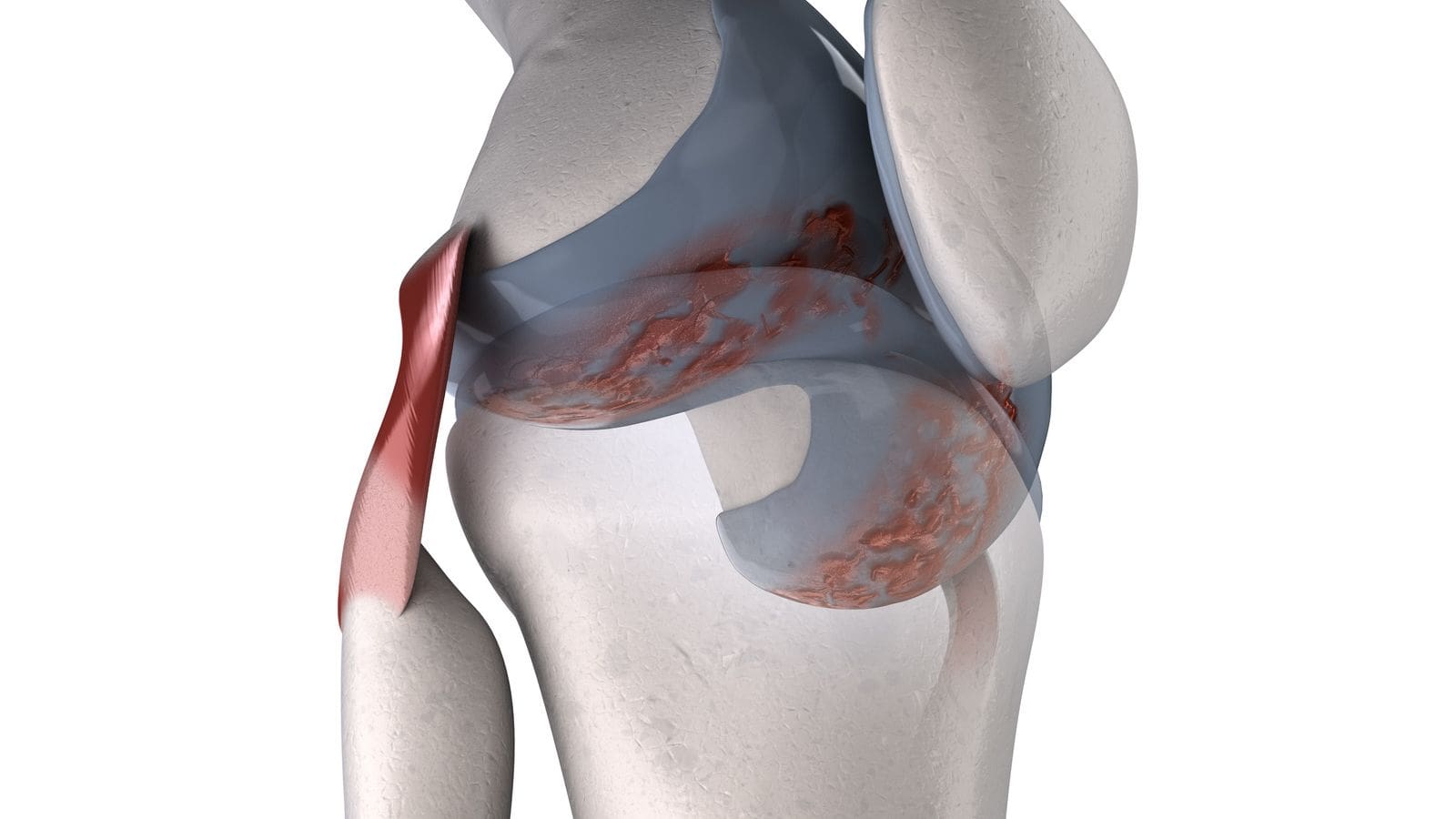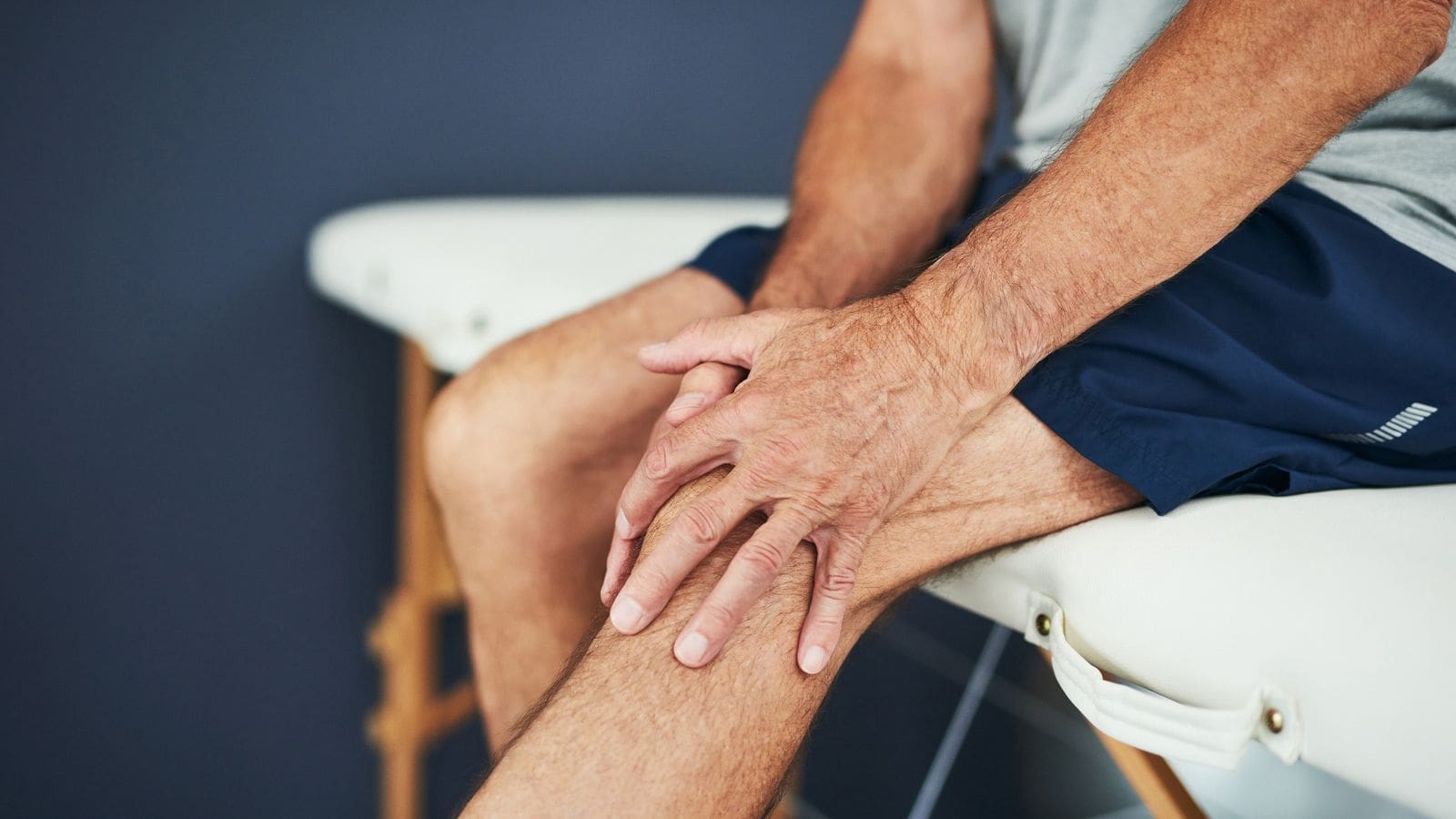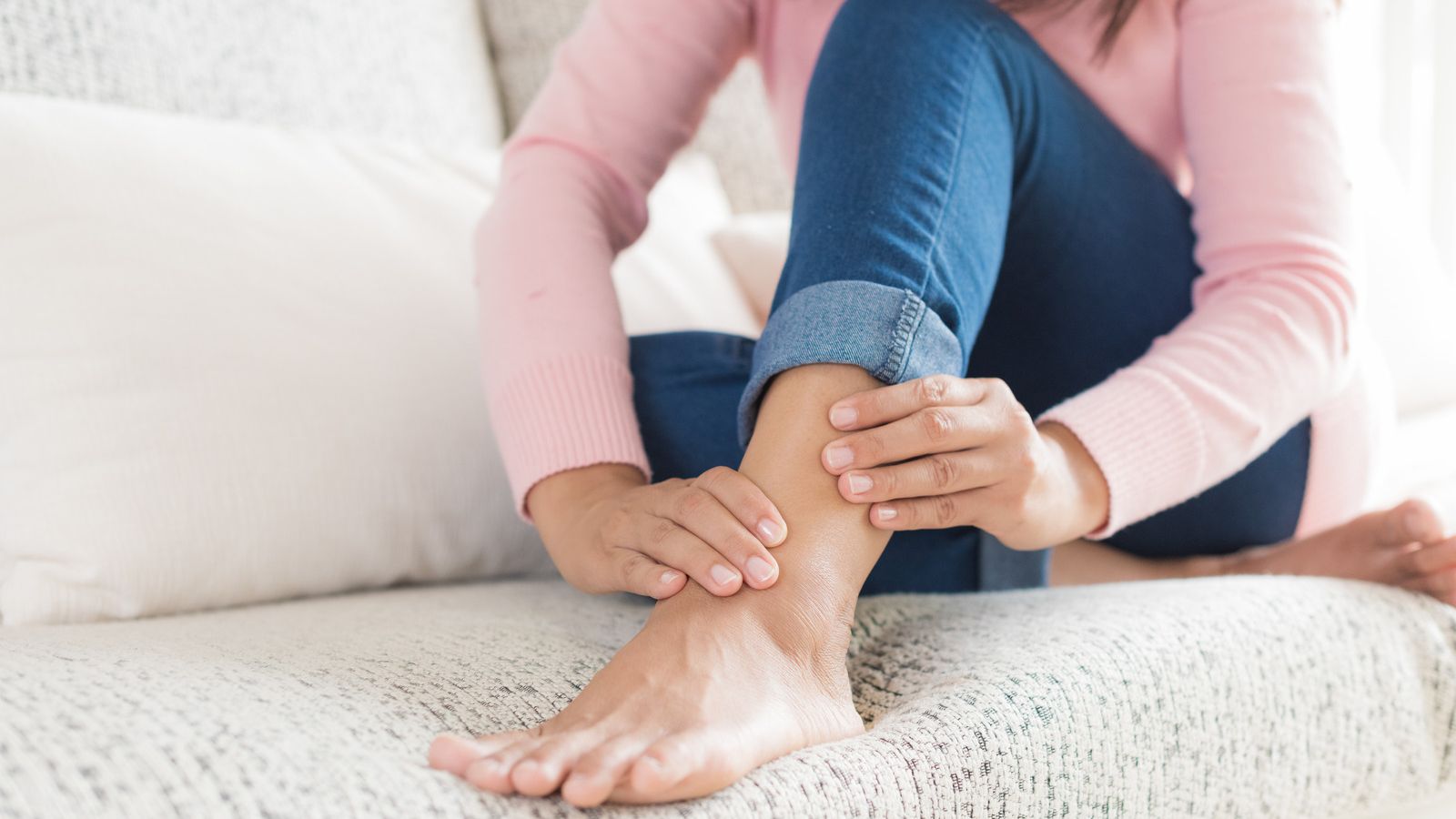Join The Nantwich Clinic Club to keep up to date with news and offers!
Sign Up
Across the UK, there are estimated to be over 10 million people who struggle with some form of arthritis (and it is the most common cause of disability within the UK, affecting people of all ages). Arthritis is the terminology used to describe an inflammation within the joints, which can affect one or more joints at the same time. While inflammation is a part of the bodies natural healing process just like a bruise is, except inflammation presents itself as a swelling inside the joints and this can cause pain and stiffness, the two main symptoms associated with arthritis.
The joint is the area that connects, or joins together, two different bones and is made up of specific components that all play their part in the normal function of the specific joint. The ends of the bones are covered by a thin layer of cartilage, acting as a form of shock absorber to keep the bones protected. The cartilage is then lined by a thin membrane which produces a small amount of synovial fluid which helps to lubricate the joint. This is all held together loosely by the joint capsule, with the ligaments anchoring the bones together and the muscles helping the joint to move. If there are any issues with any individual aspect, then it can cause abnormal joint function which can in turn lead to arthritis.
The most commonly seen form of arthritis is known as osteoarthritis, which is often seen in older people, with rheumatoid arthritis and gout following behind.
Osteoarthritis is the most common by some distance, and is capable of causing damage to any joint in the body (though it tends to occur most in the hands, spine, hips and knees). In the past, osteoarthritis was considered to be associated with wear and tear to the cartilage after years of use, but further research has indicated that this is not the case. Osteoarthritis is a condition which affects the joint as a whole, as opposed to just the cartilage, causing the bones to become weaker, the connective tissue to deteriorate and the joint lining to be damaged by inflammation.
Rheumatoid arthritis is a form of arthritis where there the immune system, which normally protects the body from disease and infection, starts to attack its own tissues and cause swelling and pain. One of the biggest problems with rheumatoid arthritis is that it tends to occur in a symmetrical pattern, meaning that if it is affecting one of the knees then it affects the other knee as well, causing double the problems.
Gout is a form of inflammatory arthritis that causes there to be areas of pain and swelling, but rather than being a persistent problem it flares up and then resolves after around a week or two. Gout is also known as metabolic arthritis, and is related to the build up of uric crystals around the joints. Normally these are a byproduct related to the breakdown of purines, which are substances found in many foods and human cells, that the body gets rid of. When it is unable to get rid of the excess uric acid, it can accumulate in the joints and causes the sudden and intense bursts of pain that are symbolic of gout.

It’s tricky to pin down exactly what causes arthritis, especially as there are so many different forms that affect the body in different ways, but the following list are potential causes or risk factors associated with arthritis;

There are a number of different ways that arthritis can be treated, but the main goal is to reduce the amount of pain being experienced, preventing any additional damage to the joints and improving joint function at the same time.
One of the methods that we use at The Nantwich Clinic is the use of mobilisation techniques and manipulation to help to improve the function and alignment of the feet and lower limbs. This can include massage via hand or with the use of tools, but is designed to help with reducing the pain when moving. Specific treatment and prescribed exercises are tailored to the individual case of the patient, as their degree of arthritis and the joint it affects can be completely different from the next person who struggles with arthritis.
In addition to mobilisation techniques, we use a class 4 laser that is used to deliver high intensity laser energy into the joint that is experiencing arthritis symptoms. This provides both anti-inflammatory and pain relief effects to the treated area which can help to remove some of the worst symptoms associated with arthritis. While some patients do notice fairly immediate pain relief, it’s highly recommended to undergo a full course of treatments to receive the optimal results.
We also treat the pain and stiffness associated with arthritis with paraffin waz treamtents, which applies a moist heat to the treated area and can ease any pain and stiffness. This application of heat can help to free up the joints and allow them to move more freely again, but it needs to be avoided if you struggle with other conditions such as losing sensation due to diabetic neuropathy.

To find out more about the different forms of arthritis and how we are able to treat them, book a consultation with The Nantwich Clinic today.
Whether it’s a quick question that you need to ask, or you would like to book an appointment with us, we want to hear from you. Simply click the button below to get started or contact us on 01270 627118.